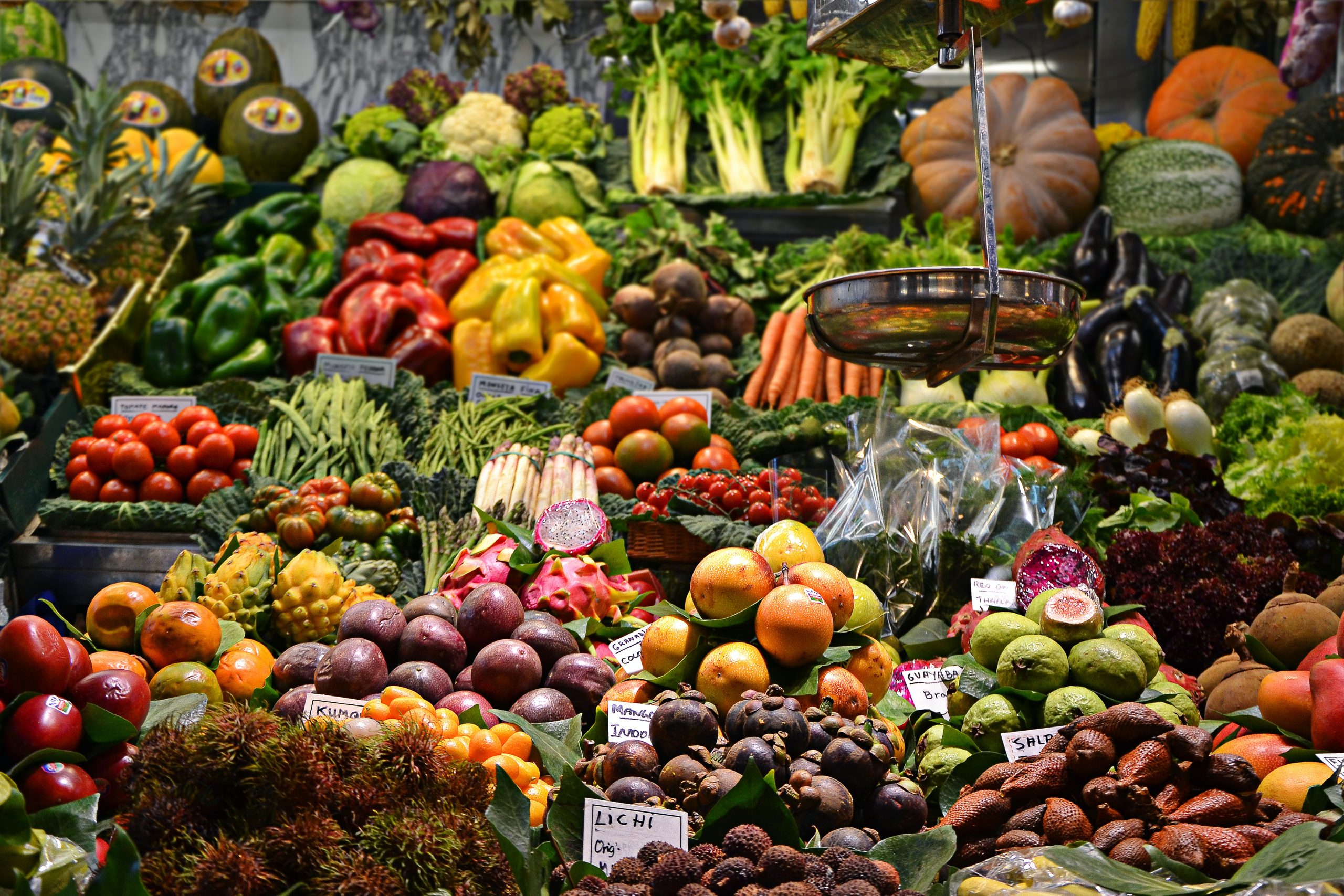
According to the Waste and Resources Action Programme (WRAP), the hospitality and food service industry in the UK produces 3 million tonnes of waste per year, of which almost 1 million tonnes is food waste. Food waste not only has a significant impact on the environment, but it also affects the bottom line of businesses in the restaurant industry. With more pressure than ever to operate sustainably and efficiently, restaurants need to adopt smart waste management practices to reduce food waste. In this article, we will explore how smart waste management can reduce food waste in restaurants and provide practical tips for purchasing managers.
The Impact of Food Waste on the Environment and Restaurant Business
Food waste is a significant environmental issue, contributing to greenhouse gas emissions, water pollution, and the depletion of natural resources. When food is thrown away, it decomposes in landfills and releases methane, a potent greenhouse gas that contributes to climate change. Food waste in the UK hospitality sector costs businesses around £2.5 billion each year contributing to environmental impact as well as revenue loss.
How Smart Waste Management Can Help
Smart waste management involves the use of technology and data to optimise waste management processes and reduce waste generation. In the restaurant industry, smart waste management can help reduce food waste by providing real-time data on waste generation, enabling businesses to identify areas for improvement and take action to reduce waste.
Restaurants can save money on waste management with innovative solutions designed by REEN Waste Management to reduce costs and improve efficiency.
Benefits of implementing smart waste solutions from REEN
By adopting sustainable waste management practices, restaurants can improve their reputation and contribute to a more sustainable future.
Reduced Food Waste: Smart waste management solutions can help restaurants reduce food waste by providing real-time data on waste generation, enabling businesses to optimise their waste management processes and reduce waste. By reducing food waste, restaurants can save money on purchasing and disposal costs, while also supporting sustainability efforts.
Improved Efficiency: Smart waste management solutions can help restaurants improve their waste management efficiency by automating waste tracking, reducing manual labour, and streamlining waste disposal processes. This can lead to significant time and cost savings for businesses.
Reduced Environmental Impact: By reducing food waste and implementing sustainable waste management practices, restaurants can reduce their environmental impact. This can help businesses to meet sustainability goals and improve their reputation as socially responsible businesses.
Cost Savings: When reducing food waste and optimising waste management processes, restaurants can save money on purchasing and disposal costs.
Compliance with Regulations: Smart waste management solutions can help restaurants comply with waste management regulations, such as waste disposal regulations and environmental regulations. This can help businesses avoid fines and legal issues associated with non-compliance.
REEN Solutions offers several services that can help restaurants streamline smart waste management.
Tips for Restaurant Purchasing Managers
Purchasing managers play a critical role in reducing food waste in restaurants. Here are some practical tips for purchasing managers to implement smart waste management practices:
a. Conduct a Waste Audit
Conducting a waste audit is the first step in identifying areas for improvement in waste management. A waste audit involves analysing the types and quantities of waste generated in the restaurant, including food waste, packaging waste, and non-food waste. The data collected during the audit can help identify areas for improvement and inform waste reduction targets.
b. Purchase Only What You Need
Over-purchasing is a common cause of food waste in restaurants. Purchasing managers should ensure that they only order what they need and avoid overstocking. By implementing smart waste management technology, you’ll have access to data from previous sales to inform your purchasing decisions and avoid ordering excess food that may end up going to waste.
c. Manage Stock Efficiently
Managing stock efficiently is crucial to reducing food waste in restaurants. Purchasing managers should ensure that food is rotated correctly and that older items are used first to avoid spoilage. You can also use technology such as inventory management software to track stock levels and reduce waste.
d. Implement Portion Control
Portion control is another effective way to reduce food waste in restaurants. By implementing portion control, purchasing managers can ensure that customers are not served more food than they can eat. They can also offer smaller portion sizes and encourage customers to take leftovers home.
e. Donate Surplus Food
Donating surplus food to food banks or other charities is an excellent way to reduce food waste and help those in need. You should identify local charities or food banks that accept donations and develop a process for donating surplus food regularly.
f. Implement Composting
Composting is a sustainable way to dispose of food waste and can also help reduce waste disposal costs. Purchasing managers can implement composting by providing separate bins for food waste and ensuring that the waste is collected and disposed of correctly.
Food waste is a significant environmental and financial issue for businesses in the restaurant industry. Smart waste management practices, such as conducting a waste audit, purchasing only what is needed, managing stock efficiently, implementing portion control, donating surplus food, and composting, can help reduce food waste and improve the sustainability of restaurants.
Our solutions are tailored to your unique needs and challenges, providing cost savings and improved waste management processes. Contact the expert team at REEN to find out how we can help you streamline your waste processes.